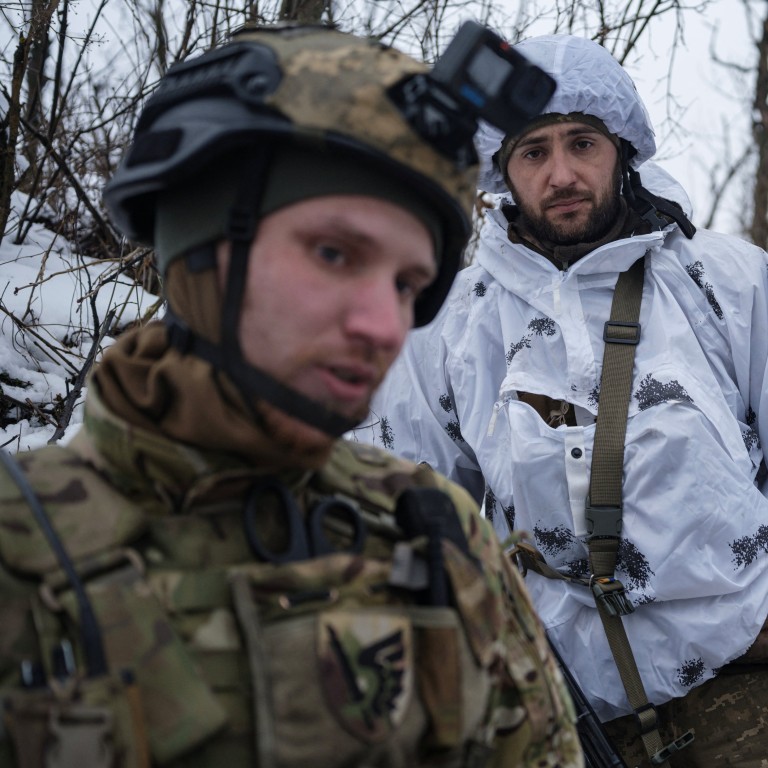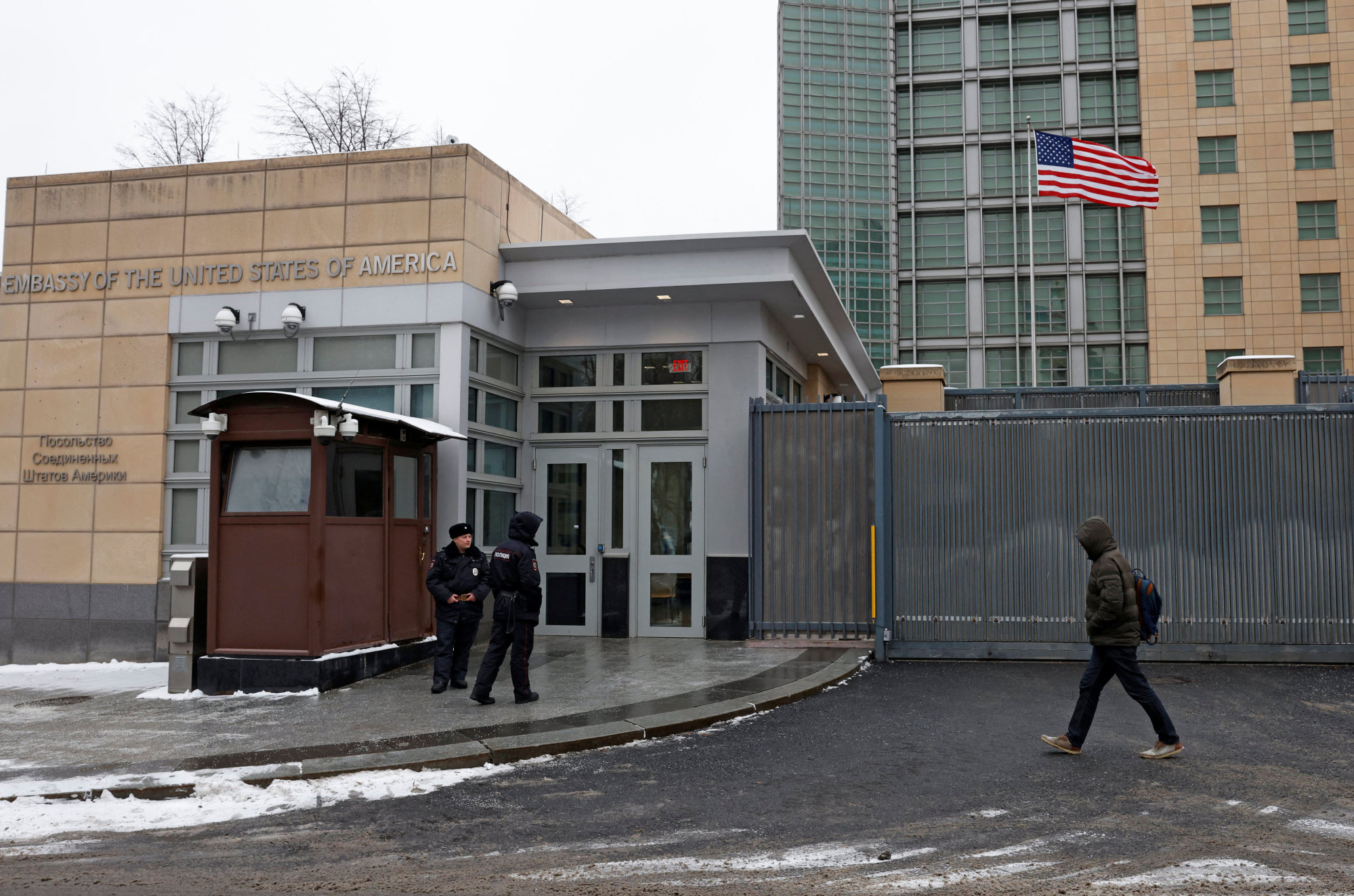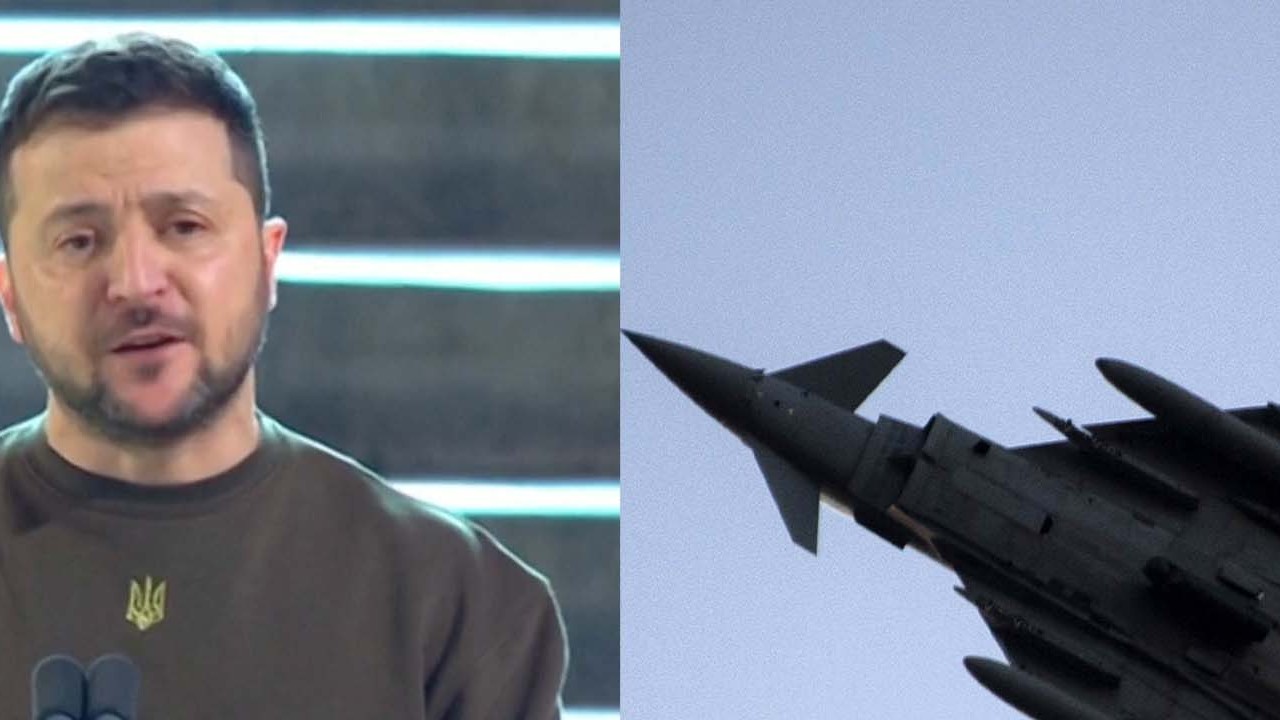
Time for the West to rethink goal of total defeat for Russia in Ukraine
- As the war drags on, sympathy is growing for Russia as the underdog fighting the behemoth North American and EU economies
- The West would get more support for its cause in Ukraine if it is seen to be pushing for either a peace proposal or a fair compromise on Ukraine
Having studied geopolitics for more than five decades, I have never come across a single geopolitical issue where right is on one side and wrong is on the other.
In war of narratives, where does Southeast Asia stand in Ukraine-Russia conflict?
Future historians will marvel that their clear-cut warnings were ignored. John Mearsheimer’s videos documenting how explicit warnings were ignored have been watched some 28.7 million times. Many of the leading minds in the Global South have viewed them too, often with approval. Brazil’s President Luiz Inácio Lula da Silva has raised several questions that reflect the views of the Global South, saying: “I think the reason for the war between Russia and Ukraine also needs to be clearer. Is it because of Nato? Is it because of territorial claims? Is it because of entry into Europe? The world has little information about that.”
The West would get more support for its cause in Ukraine if it was seen to be pushing for either a peace proposal or a fair compromise on Ukraine. Instead, it seems to be pursuing a strategy of complete victory and humiliation for Russia.
This outcome would not be in the interests of the Global South. They prefer a multipolar world, with Russia as an independent pole to give them geostrategic options. And many countries in the South who still retain memories of the once-dominant West know that the West will once again become arrogant and insufferable if it defeats Russia completely.
The Global South is also not geopolitically naive. Machiavellian moves are par for the course in geopolitics. Hence, while many admire the valiant courage of Volodymyr Zelensky and his people in fighting the Russian forces to a standstill, they believe also that the Ukrainians have become unwitting pawns in a larger geopolitical contest. Just as the West successfully forged a strategy of fighting the Soviet Union to the last Afghan, its goal today may well be to fight Russia to the last Ukrainian.
The West is also being disingenuous when it says that it will support Ukraine if it were to pursue peace with Russia. It is a fact that without the unlimited blank cheques that the West is sending to Ukraine, Kyiv would have had to, in one way or another, find a compromise with Moscow. As President Lula said, neither side was showing sufficient willingness to resolve the war via negotiation.
West can strike balance between Ukraine, Asia concerns: UK minister
So, what is the outcome that the Global South would like to see in Ukraine? The immediate wish is for a ceasefire and cessation of the conflict, which has also disrupted food and energy supplies to the South. The very poor in the Global South have also suffered enormously from this war. The shrewd and astute Indian Minister of External Affairs, Dr S. Jaishankar, said very perceptively that “Europe has to grow out of the mindset that Europe’s problems are the world’s problems, but the world’s problems are not Europe’s problems”. To protect its economic growth, India’s imports of Russian oil in January 2023 were 33 times more than they were in January 2022.
The second wish would be for a fair and balanced compromise. Ukraine would become a free and independent sovereign country, free to join the European Union if it so wished. Yet, out of respect to Russia’s sensitivities, it would not join Nato. Indeed, this is the formula Henry Kissinger proposed in 2014. It is true that Kissinger has recently walked away from this formula. The Global South has not.

In theory, as the war drags on, sympathy for the suffering of Ukrainians should be increasing. In many ways, it is. Yet, paradoxically, sympathy is also growing for Russia. It is seen as a US$2 trillion underdog battling the far superior US$26 trillion US economy and the US$17 trillion EU economy. Many are surprised the overwhelming sanctions imposed on Russia have not led to its collapse. They are amazed Russia is still standing despite these massive blows.
So, what is the bottom line of all these arguments? The Global South would prefer that the West, especially the EU, reconsider its goal of total defeat for Russia in Ukraine. Compromise will be difficult and messy. It always is. Yet a messy peace will be more welcome than a monstrous war. If any leading voice in the West, especially in the EU, were to push for peace in Ukraine, he or she would receive the total support of the Global South.
They know that it would take remarkable courage for any Western leader to call for peace instead of for victory. This courage would be applauded. If the West remains silent on peace in Ukraine, the Global South will continue to remain silent on war in Ukraine.


